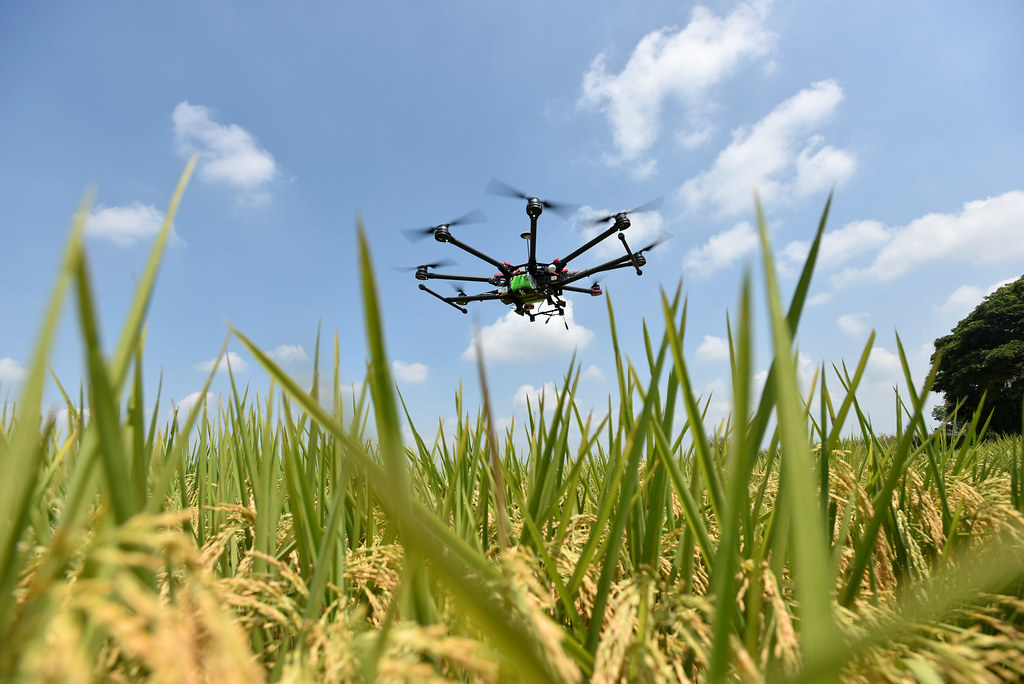-
RAAF
Contributing to the implementation of the Regional Agricultural Policy
RAAF Approach is essentially based on getting things done.
-
Thematics

Thematic areas
The implementation of the Regional Agricultural Policy (ECOWAP) is built around nine thematic areas.
-
Projects
- Renforcement des capacités pour la mise en œuvre de l’ECOWAP en Afrique de l’ouest
- At the end of PRAPS-1, which achieved significant progress in relation to most of the issues relating to animal health, sustainable management of rangelands and pastoral resources, livestock trade, and prevention and management of pastoral crises, the Wor
- Fruit flies are a major problem for the horticultural sector in West African countries. They destroy 50 to 80% of fruit production.
- The Global Climate Change Alliance Plus (GCCA+) is the second phase of an initiative of the same name launched by the European Commission in 2008
- West Africa is one of the most vulnerable regions in the world.
- Renforcement des capacités pour la mise en œuvre de l’ECOWAP en Afrique de l’ouest
- West Africa is facing three major challenges: (i) structural food and nutritional insecurity, (ii) the effects of climate change (droughts, aridity, floods, etc.), (iii) salinization and physico-chemical degradation of agricultural land.
-
News
Follow our news and events
-
Resources
Contents
More information on our work.
-
Multimedias
Interaction
Audio-visual based communication
-
Opportunities
Get Involved
- Portals
Faced with endless increasing challenges in the sector, ECOWAS designed several instruments and mechanisms including the ECOWAS Environmental Policy adopted in 2008 and the Convergence Plan for use and sustainable management of forest ecosystems in West Africa adopted in 2013.
Challenges include high rate of forest degradation, depletion of biodiversity, desertification, continuous pollution, as well as increasing impacts of climate change. Triggering factors include extensive farming and shifting cultivation, illegal forestry development and illicit trafficking in timber and wood by-products and wild species, firewood supply for domestic energy and overexploitation of non-wood forest products.
Several adaptation and mitigation measures and initiatives are on track. They are led in a collaborative and partnership way in the Member States and at regional level with contributions from various technical and financial partners. Examples include the West Africa Biodiversity and Climate Change Project (WA-BiCC) funded by USAID, the Project for comprehensive transformation of forests for populations and climate, funded by Sweden and implemented by FAO with a focus on West Africa, the support Programme for the preservation of biodiversity and fragile ecosystems, regional governance and climate change in West Africa (PAPBIO) and the support Programme for the preservation of forest ecosystems in West Africa (PAPFor), both funded by the European Union.
With support from partners like USAID, European Union, Swedish Cooperation, UNEP or NEPAD, ECOWAS strongly encourages collaborative work and synergies among stakeholders.
Read more...
- Livestock farming and pastoralismPublication date:
- Climate change
- Climate change